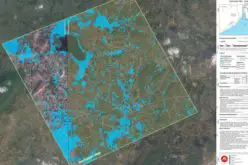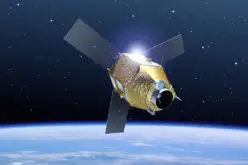Malaysia is set to advance its space technology sector with the launch of the Malaysia Satellite Program in 2028. The initiative, officially known as the National Remote Sensing Satellite Development Programme (PSPJN), aligns with the country’s National Space Policy 2030. Science, Technology, and Innovation Minister Chang Lih Kang announced that the project aims to strengthen national data independence and reduce reliance on foreign sources.
Performance-Based Payment Model Introduced
To ensure efficiency, the Malaysia Satellite Program will implement a performance-based payment system. Payments to service providers will be based on the amount and quality of satellite data received by government agencies. This approach ensures that national expenditures align with tangible results while encouraging providers to maintain high data accuracy and reliability.
Also Read – Uzma Berhad Launches Malaysia’s First High-Resolution Earth Observation Satellite – UZMA SAT-1
Strategic Planning and Implementation
Currently, the government is in discussions with selected bidders to finalize project specifications. A Value Management Laboratory is scheduled from February 18 to 21, focusing on cost efficiency, resource optimization, and risk management. These discussions aim to refine the execution strategy for the Malaysia Satellite Program while maximizing its long-term benefits for the country’s space sector.
Strengthening National Data Sovereignty
One of the program’s key goals is to enhance Malaysia’s control over critical geospatial data. By operating its own satellites, the country can reduce dependence on international data sources, improving both security and decision-making processes in areas like environmental monitoring, disaster management, and urban planning.
Malaysia’s Commitment to Global Space Governance
In addition to satellite development, Malaysia is strengthening its role in global space governance. The Malaysian Space Authority has agreed to join two United Nations treaties—the 1967 Outer Space Treaty and the Convention on Registration of Objects Launched into Outer Space. This move reflects the nation’s commitment to responsible space exploration and international collaboration.
Conclusion
With the Malaysia Satellite Program set to launch in 2028, the country is taking a major step toward self-reliance in space technology. The initiative not only supports national security and data sovereignty but also ensures that Malaysia remains a key player in global space advancements. Continuous monitoring, strategic investments, and strong policy frameworks will be crucial for the program’s long-term success.
Source: Bernama











